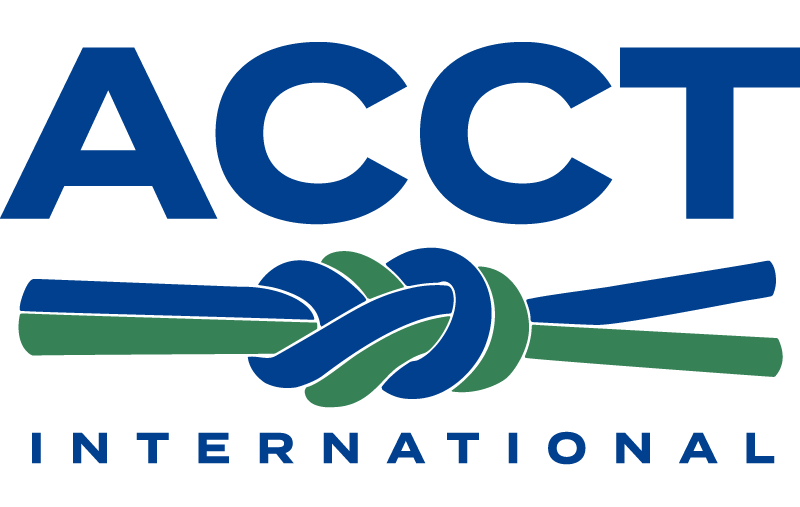Minding the Millennial Gap
In this new world post covid, we are all too familiar with change. The economic climate is changing rapidly and with that many industries are facing new and worsened challenges - including ours. Not directly tied to Covid, but a major hurdle our workforce and many universities and colleges are facing today is the Millennial Gap. Unlike their baby boomer elders who had multiple children early in their lifetime, the majority of Millennials have opted for fewer or no children, and are having them much later in life. This means that there are far fewer children turning into adults entering the workforce or attending a higher education institution, leaving huge gaps that are unable to be filled - this is the Millennial Gap.
I recently had the opportunity to visit and speak with a few of our members who run University Challenge Courses and it was such an eye opening experience. Lori Stover with North Carolina State University gave me a great synopsis of the effects of the Millennial Gap. The trickle down effect is that there are fewer people entering the workforce while the largest group of workers - baby boomers - are starting to retire, and this means there simply aren’t enough people to work. In turn, fewer children turning 18 means there aren’t enough people to fill colleges that have been overflowing for years and a lack of enrollment means less revenue for those facilities. To put it simply - a lack of manpower or funds can lead to closure very quickly. However, this is not stopping our community from continuing to provide outdoor and experiential education programs!
After the discontinuation of certain academic programs at West Virginia University - including the Recreation, Parks, and Tourism Resources program that offered their courses - they are thriving and while they may not be quite at Pre-Covid numbers, they are steadily rebounding! When I spoke with the Assistant Director Chad Baker, he told me they have expanded the use of their facility to the public, as well as providing team building experiences and field trip opportunities for local schools - they even go into classrooms to engage with students and tell them about the industry. WVU also provides a unique orientation experience for incoming freshmen that utilizes their challenge courses and allows them to transition into college by way of the great outdoors.
In a different take, I spoke with Mark Zmudy from the University of Minnesota at Duluth on how they are utilizing their course as an academic classroom across multiple study areas where they “factor in student voices to help steer curriculum content in classes.” This is key as today’s students feel it is important to tailor their educational experience to their lifestyle, not the other way around. The university utilizes a high ropes course off-site in the same city managed by a local entity, and on-site they have a low ropes course. They are currently in the fundraising process to expand into a wheelchair accessible course built by one of our own ACCT Accredited Vendors. The inclusion of diversity, accessibility, and universal design are of high importance in their program and will allow so many who have been previously limited to experience the excitement of a challenging course.
As previously mentioned, we are all too familiar with the fast-paced changes happening, but this is your call to reach out to your peers and learn from each other how we can all continue to grow and overcome the challenges.
